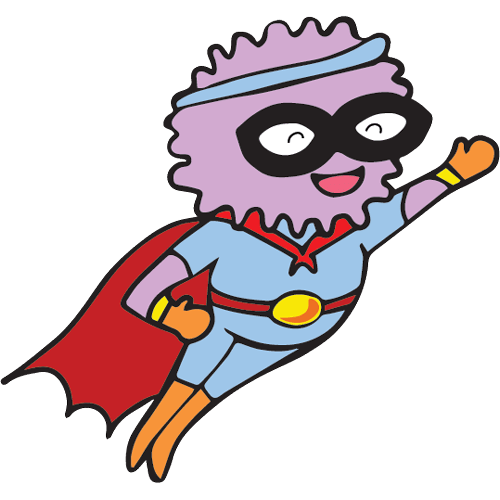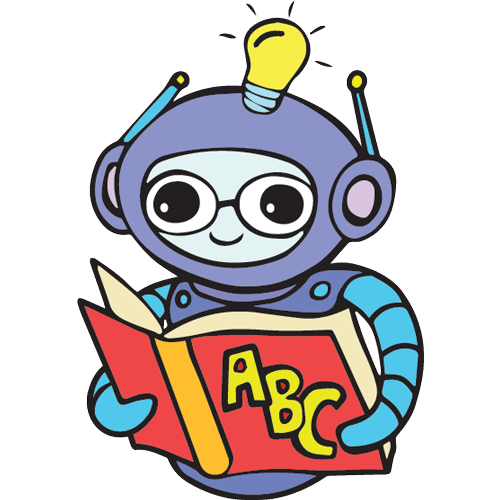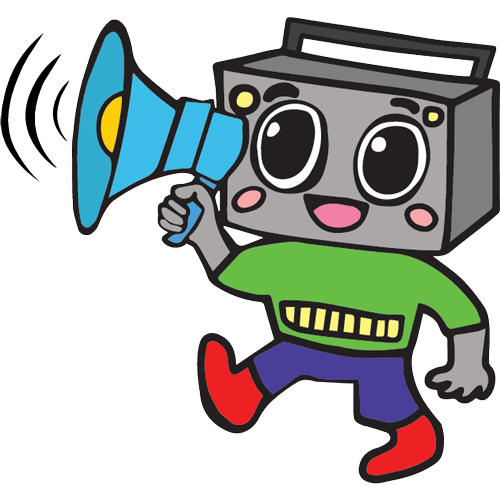Why Can’t I Think of Words While Speaking?

Imagine this: You get home from your favorite restaurant and want to tell your family about the spectacular bananas foster you had for dessert. Yet, when you are trying to describe it, you cannot come up with the word banana. Instead, you can only describe it as a yellow fruit.
Frustrating, right? When these kinds of word-finding difficulties occur often, it’s usually caused by a particular type of language disorder called aphasia, which occurs after a brain injury, such as a stroke. There are many different types of aphasia and they affect how someone understands and expresses verbal or written language in various ways. When someone has specific difficulty retrieving words, it’s called anomic aphasia, or anomia. We will examine what anomic aphasia is, explain how you treat it with speech therapy and provide tips for how you or a loved one can better communicate when dealing with this disorder.
Aphasia and Speech Therapy
Aphasia is completely separate from intelligence. It does not affect your intelligence level. Instead, it makes it harder for you to communicate in the same way or with the same ease as you did before a brain injury or stroke. In each case, speech therapy helps one improve their communication skills.
Depending on the affected area of the brain, aphasia can cause different symptoms. In fact, the word aphasia is generally considered an umbrella term. There are two types of aphasia with several specific categories falling within each.
Expressive Aphasia (Non-fluent)
With this form of aphasia, you know what you want to say but have trouble expressing yourself with ease or with fluency. You may speak in short sentences or omit words or have difficulty making your words come out crisply and clearly.
Receptive Aphasia (Fluent)
This form of aphasia makes it difficult to understand what you hear and what others are saying. You may speak fluently and incomplete sentences but the content of your sentences may not be logical or make sense to others.
What Is Anomic Aphasia?
Anomic aphasia is a type of fluent aphasia.
“While it’s considered a milder form of aphasia, it can have a profound effect on your ability to communicate and carry out activities of daily living with ease and confidence. It is frustrating since you feel like you have the words on the tip of your tongue, yet still cannot say what you want to say,” said Open Lines® founder and executive director Dr. Jessica Galgano.
This experience can apply to written and/or spoken language. There are several hallmark characteristics of anomic aphasia. For example, you may have strong comprehension skills but have difficulty understanding information within long, complex sentence structures. You may also struggle to understand words when there are high levels of background noise, visual distractions, or any stimuli that compete for your attention.
Notably, people experiencing anomic aphasia can repeat words and phrases on command, and conversational speech may be relatively fluent, meaning they are being able to converse in sentences. However, Dr. Galgano noted there is difficulty retrieving specific words, especially verbs, adjectives, and nouns that a person may want to say in spontaneous speech.
“People report knowing what they want to say, but they have difficulty finding the exact word they are thinking of,” she said.
Having difficulty retrieving specific words is key in knowing if you or a loved one have developed anomic aphasia. You may notice it happening more than normal and it could impact your ability to communicate your message clearly and efficiently.
Word Retrieval Activities for Adults With Aphasia
You may notice how pulling up the words you want to say is making it difficult to share information at work, connect with friends and family, and carry out everyday activities. This may impact your confidence in communicating and cause you to feel exhausted, burdened, or even embarrassed by these challenges. Fortunately, treatment for anomic aphasia is well researched and effective.
Speech therapy treatment techniques are founded on principles of neuroplasticity. In other words, they help the brain grow and reorganize after sustaining a stroke or traumatic brain injury. These techniques include practice, repetition, and salience and combine drill-based exercises and functional activities to improve the speed and fluency of word retrieval.
“This may include generative naming drills and semantic feature analysis tasks, such as Verb Network Strengthening Treatment work aimed at improving the speed of word retrieval to produce precise sentences efficiently,” Dr. Galgano said.
Dr. Galgano said other techniques include using circumlocution strategies — how you describe a word when you do not know it — to activate related semantic systems for improved word-finding during the conversation. Semantic Feature Analysis treatment uses verbal or visual cues to describe features that help connect words in your brain.
Communicating With a Loved With Anomic Aphasia
If you know someone experiencing anomic aphasia, Dr. Galgano suggests helping to improve their participation and confidence in conversations using the following strategies:
Acknowledgment of Competence
People with aphasia often report they are perceived as incompetent due to difficulties in verbal communication. This has a direct impact on psychosocial well-being. Acknowledging their communicative competence is essential.
Reveal Competence
For starters, acknowledge any frustrations they may be experiencing and verbally acknowledge they know what they want to say. Additionally, you can help by eliminating distractions such as noises, too many visual stimuli, or distractions made by other people.
It is important to make sure the person with aphasia can respond and/or express what they know, how they feel, and their opinion. Some ways to do this include asking them if they can give you clues by describing, showing, pointing, writing, or gesturing; asking yes or no questions; and providing adequate time to respond.
Verify Responses
Make sure you understand their message by summarizing, reflecting, or expanding what they communicate.
Seek Help for Anomic Aphasia
If you’re struggling with communication difficulties, it’s time to turn to Open Lines®. Contact us via phone (212-430-6800), email [email protected], or by filling out our convenient contact form. Improve your communication skills and unlock your potential with Open Lines® Speech and Communication in New York today!
Get in Touch With Open Lines®














